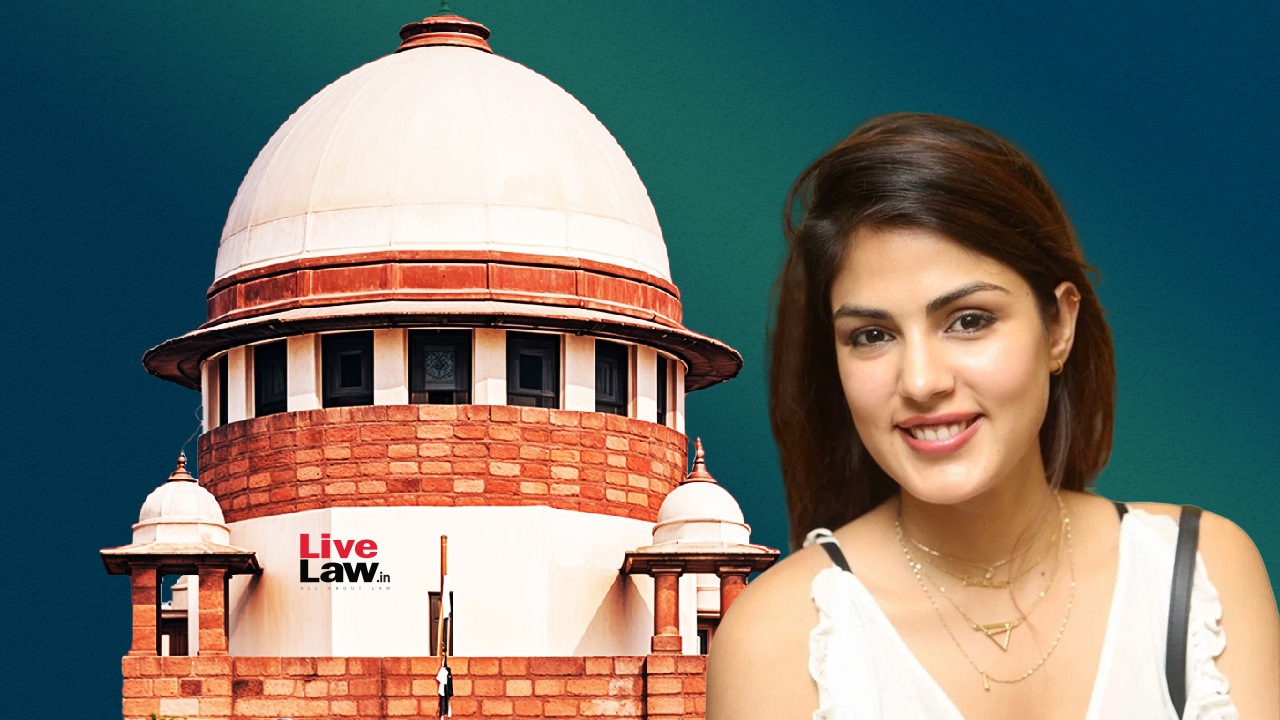 |
|
The Supreme Court of India dismissed a petition filed by the Central Bureau of Investigation (CBI), the State of Maharashtra, and the Bureau of Immigration, challenging the Bombay High Court's decision to quash Look-out Circulars (LOCs) issued against actress Rhea Chakraborty, her brother Showik, and their parents. The apex court deemed the petition “frivolous” and suggested it was filed solely due to Rhea Chakraborty's high profile. The bench, composed of Justices B.R. Gavai and K.V. Viswanathan, expressed their disapproval, stating that the LOCs were issued without proper justification and only because one of the accused was high-profile. They warned the CBI that they would impose exemplary costs if similar frivolous petitions were filed in the future.
The LOCs were initially issued in August 2020 against Rhea Chakraborty, her brother, and her parents. These were issued following an FIR filed by the family of Sushant Singh Rajput, seeking an investigation into his death. The case was subsequently transferred to the CBI. However, the Bombay High Court quashed the LOCs, finding that no reasons for their issuance were provided. The court also noted that the LOCs were not reviewed as per the Consolidated Guidelines, and that the Chakrabortys had strong roots in society and cooperated with investigators. The court emphasized that a mere gist of the FIR was insufficient and that the CBI should have provided proper reasons for requesting the LOCs.
The Bombay High Court recognized the right to travel as a fundamental right and highlighted that the LOCs should not be kept pending indefinitely, especially when individuals have cooperated with the investigation. While rejecting a request to stay the decision, the court clarified that agencies could issue fresh LOCs if the need arose in the future. The dismissal of the CBI's petition by the Supreme Court signifies the importance of due process and proper justification when issuing LOCs, especially against individuals with deep roots in society.
